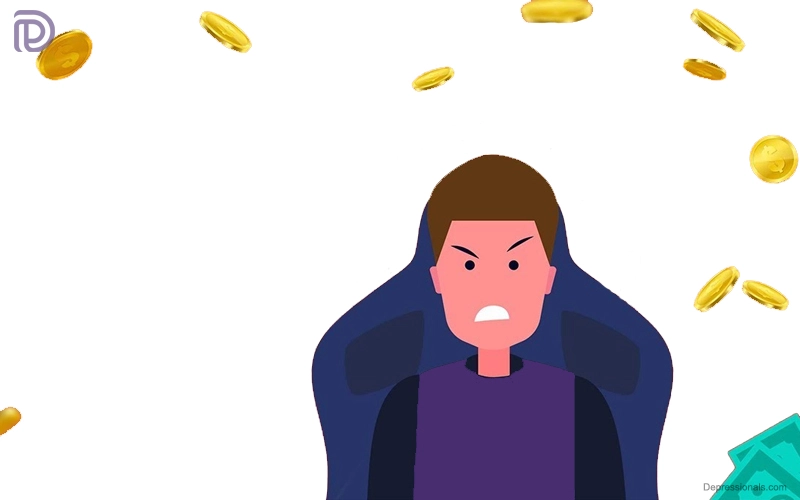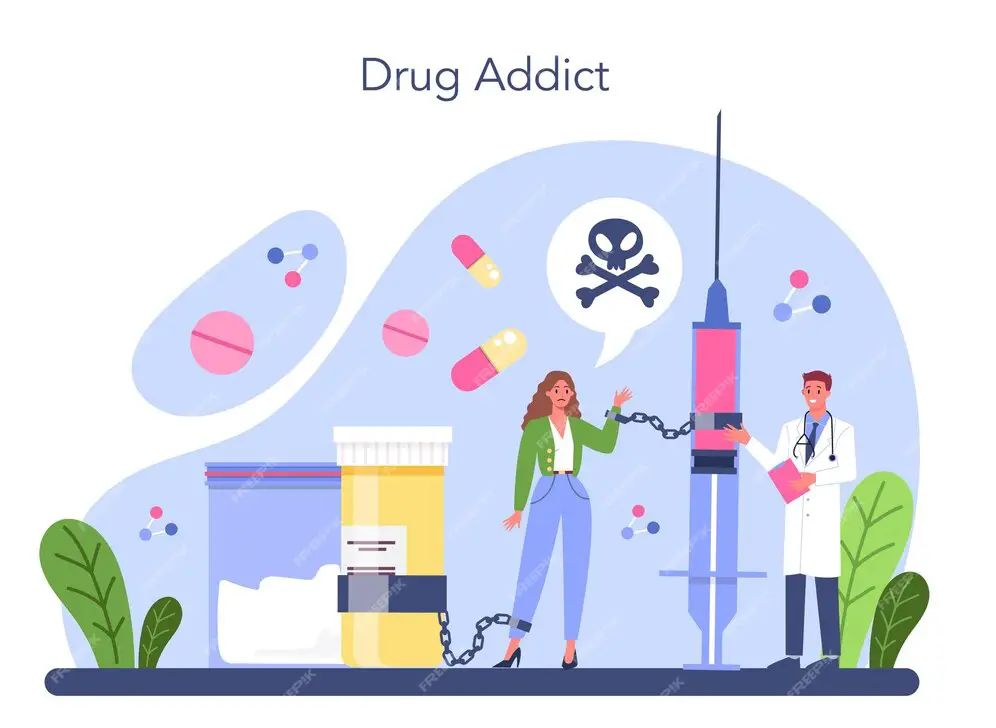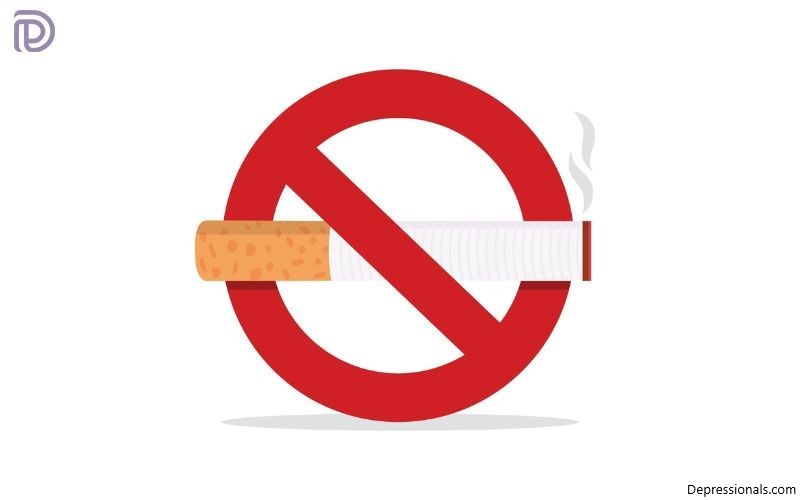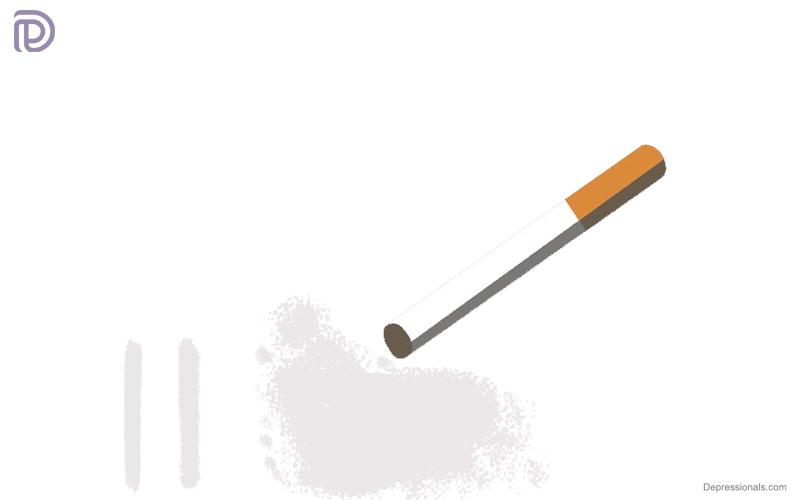Gambling disorder is characterized by repeated, problem gambling behaviors. It can affect an individual, their families, and society as a whole. Gambling disorders are a problem for both adults and adolescents. It does not matter if it causes them significant problems.
It can be harmless fun for many people, but it can also become a problem. Compulsive gambling is often referred to as “problem gambling.”
Those who develop a gambling addiction often experience negative psychological, physical, and social effects. It is classified as an impulse-control disorder.
The diagnostic and statistical manual of the American Psychiatric Association (APA) includes this diagnosis.
Gambling problems are detrimental to physical and psychological health. Those who struggle with this addiction may suffer from depression, migraines, intestinal disorders, and other anxiety-related problems.
Gambling can have similar negative consequences to other addictions, such as a sense of helplessness and despondency. It is possible that some gamblers will attempt suicide.
Problem gambling rates have increased globally in recent years. There were 5.77 million people in the United States in 2012 who needed treatment for gambling disorders.
Many countries have become concerned about gambling addiction due to its harmful consequences.
Read: Cocaine Addiction
Difference between enjoying gambling and gambling disorder
Gambling disorders can cause serious problems for adults who do have them, but most do not. An addict may make unnecessary withdrawals from savings to finance his or her gambling, damage personal relationships (especially those with his or her spouse), or have difficulties at work as a result of his or her addiction. It is common for people with gambling disorders to feel guilt or shame when they try to quit gambling or to experience withdrawal symptoms such as restlessness and irritability.
There is a good chance that many people take gambling lightly, not realizing that it can be just as addictive as drugs and harmful from a health standpoint.
What is the cause of gambling disorder?
There is a possibility that the insula is overactive in people with gambling addictions. An overactive insula may contribute to distorted thinking. As a result, you are likely to see patterns in random sequences and continue to gamble even when you have a close call.
Gambling may trigger the same reaction in your brain as drinking does for an alcoholic. Gambling can become a dangerous habit if you feed it too much.
What are the symptoms of gambling disorder?
It can be difficult to conceal a gambling addiction for people recovering from addictions. Online gambling pools may be accessed frequently for people with gambling addictions. The effects of your addiction may manifest in other facets of your life, even if you gamble at home without anyone around.
Some or all of the following behaviors may indicate that you have a gambling addiction:
- Obsession with gambling
- A desire to gamble in order to gain happiness and self-esteem
- Gambling without self-control
- Resisting work and avoiding other obligations to gamble
- Forgetting bills and expenses while gambling the money
- Offering possessions for gambling
- Stealing money for gambling
- Telling lies about gambling
- Having guilt after gambling
- Increasing your gambling risks
Gambling addiction can also lead to the following problems:
- Relationship breakdowns or friendship breakdowns
- Property loss, including house, car and job
Not everyone addicted to gambling gambles frequently. Some simply cannot stop once they start.
Read: Opioid Use Disorder
Diagnosis
During the past 12 months, a person must have shown or experienced at least four of the following behaviors to be diagnosed as having gambling disorder according to DSM-5:
- Increased desire to gamble for increased pleasure
- Inability to stop gambling when you try to do so
- Repeated failure to control, reduce, stop, or stop gambling
- Planning to gamble frequently and thinking about it often
- Being distressed when gambling
- Losing money and then returning to gambling
- Disguising gambling activities with lies
- Problems at work and in relationships due to gambling
- Spending money on gambling from others
Gambling triggers
There are many problems that can arise from gambling, but any person can become addicted to it. Gambling addiction can strike anyone at any time.
Gambling can be categorized on a continuum, from abstinence to recreational activities to problem gambling.
When gambling becomes unmanageable and interferes with finances, relationships, or employment, it becomes a problem. Sometimes individuals don’t realize how bad their gambling is until it has affected them.
Gamblers are usually considered dependable and responsible people, but certain factors can cause them to change their behavior.
Some of these factors are:
- Retirement
- Traumatic circumstances
- Job-related stress
- Anxiety or depression
- Loneliness
- Having other addictions
- Available opportunities or social connections
Research suggests that people prone to becoming addicted to one type of addiction may be more inclined to develop another type. This may be due to neurological and genetic factors.
It is possible that people with gambling problems also have alcohol or drug problems as a result of a genetic predisposition to addiction.
There has been a link between certain medications and compulsive gambling.
Gambling addictions can also cause secondary addictions as a means of reducing negative feelings. Other people with gambling addictions do not suffer from secondary addictions.
There are some factors that make it more likely. These are:
- Anxiety disorders, depression and personality disorders
- Other addictions, like drug or alcohol abuse
- Some medications may increase the risk of addiction, such as antipsychotics and dopamine agonists
- This is most likely to occur in men
Read: Cannabis Use Disorder
Gambling addiction
Gambling is like taking a drug or drinking alcohol for someone with a gambling addiction.
When the person plays the game, their mood is affected.
The person repeats the behavior in an attempt to achieve this result as they become accustomed to it.
Those who are addicted to other substances, like alcohol, develop a tolerance to these substances. They require more alcohol to get the same buzz.
When someone is addicted to gambling, they need to gamble more in order to achieve the same “high”. The gamblers “chase” their losses, believing that they will win back their lost money if they continue to play the game.
This leads to a vicious cycle and an increased compulsion to gamble. It also causes a decrease in your ability to resist. Gambling cravings become stronger and more frequent as their intensity and frequency increase.
It can affect a person physically, psychologically, socially or professionally.
There is no relationship between gambling frequency or loss amount and whether or not an individual has a gambling problem.
Some people gamble infrequently but the consequences are the same emotionally and financially.
If a person is unable to stop gambling, and it negatively affects any area of their life, it becomes a problem.
Read: Stimulant Use Disorder
Gambling addiction treatment
Fortunately, treatment for gambling addiction is available. Unlike people with food addictions, you are not dependent on the object of your addiction in order to live. It’s simply a matter of learning how to manage your money accordingly.
There is no shame in occasional gambling, but it can lead to relapse if you don’t quit completely. Recovery programs can help you control your impulses and prevent relapse. Addiction treatment for gambling is often similar to that of other habits.
Inpatient rehabilitation program
Even though an inpatient program at a treatment center isn’t frequently required, some people find that such a program is necessary to overcome gambling addictions. In particular, you might find such a program useful if you have trouble avoiding casinos on your own. The treatment facility will require you to stay there for a set duration, which could range from 30 days to an entire year.
Outpatient rehabilitation program
This type of treatment program is more common among people who have gambling problems. These programs consist of classes that you attend at a facility. It may also include group meetings and one-on-one counseling. The majority of your daily activities will continue to take place at home, including school, work and recreational activities.
Read: Inhalant Use Disorder
Twelve-step programs
There are also 12-step programs like Gamblers Anonymous (GA) that can help you overcome your gambling addiction. If you are unable to afford more intensive treatment, this type of program may be especially beneficial. A support network of other recovered gambling addicts helps you build a support system, similar to Alcoholics Anonymous. You might meet weekly or even more often with group members.
Psychotherapy or cognitive behavioral therapy
If one-on-one therapy isn’t working for you, you may benefit from group counseling or support sessions. An addiction to gambling can result from underlying emotional or avoidance issues. Self-destructive behaviors, including gambling addiction, can be changed by dealing with these underlying issues. Counseling provides an opportunity to explore these issues and find solutions.
Medication
Medications may be required in some cases to help someone overcome their gambling urges. If you are addicted to gambling, you may also have mental health issues, such as bipolar disorder. Managing the underlying disorder will help you improve impulse control in these situations.
Lifestyle changes
The most difficult part of recovering from gambling is dealing with the financial consequences. In the beginning, it may be necessary to delegate financial matters to a spouse or trusted friend. If you feel tempted to gamble, you may need to stay away from places and situations that might trigger your urge.
Read: Tobacco Use Disorder
How can I help someone with a gambling disorder?
The following are things you can do if you know someone who has a gambling disorder:
- Talk to yourself about your dilemmas and get help for your feelings.
- Learn about gambling and how to treat it.
- Discuss with someone you care about how you can approach the situation in a different way.
- Financially struggling individuals should protect their finances and seek support.
- Make sure children and other family members are supported.
It will be easier for you to support your loved one who gambles if you first get support for yourself. This will allow you to assist them in making the changes they desire.
People who know someone with a gambling disorder can find support in the next section. The following are among them:
- Sessions of counseling
- Getting emotional and practical support can be possible through family support groups
- Couples and family therapy to help you heal your relationships
Complications
Many complications can occur when a person does not receive treatment for compulsive gambling. The greatest risk of suicide is associated with this complication. People who suffer from compulsive gambling and who are contemplating suicide should seek medical help. You can reach the National Suicide Prevention Lifeline at 800-273-8255.
The disorder can also lead to the following complications:
- Money or possessions are lost in a significant way
- Severe debt
- Legal problems
- Damaged relationships with friends and family
Prevention
It may be helpful to target education programs at individuals and groups that are at a higher risk for gambling addiction.
Compulsive gamblers should avoid gambling altogether, people who gamble and places where gambling occurs if they have risk factors for compulsive gambling. If you notice that you have a gambling problem, you should seek treatment right away to help prevent the problem from becoming worse.
What is the outlook for gambling disorder?
It can be hard to overcome compulsive gambling. Even though many people gamble socially without developing an addiction, admitting to having a problem may be embarrassing to you. The first step to recovery will be to get over the feelings of shame or embarrassment you feel.
Gambling addiction can be overcome with the help of a recovery program, one-on-one counseling, medication, and lifestyle changes. It can be difficult to manage a gambling problem if you don’t get treatment. In addition, it can lead to strained relationships with friends, family and colleagues. Treatment that is both effective and efficient will help you avoid these consequences and ensure that your relationships are repaired.






Hello! I know this is kinda off topic however I’d figured I’d ask. Would you be interested in trading links or maybe guest writing a blog article or vice-versa? My site goes over a lot of the same topics as yours and I feel we could greatly benefit from each other. If you happen to be interested feel free to shoot me an email. I look forward to hearing from you! Fantastic blog by the way!|
Good – I should certainly pronounce, impressed with your web site. I had no trouble navigating through all tabs as well as related info ended up being truly easy to do to access. I recently found what I hoped for before you know it at all. Reasonably unusual. Is likely to appreciate it for those who add forums or something, web site theme . a tones way for your customer to communicate. Nice task..
I like this site so much, saved to fav. “I don’t care what is written about me so long as it isn’t true.” by Dorothy Parker.